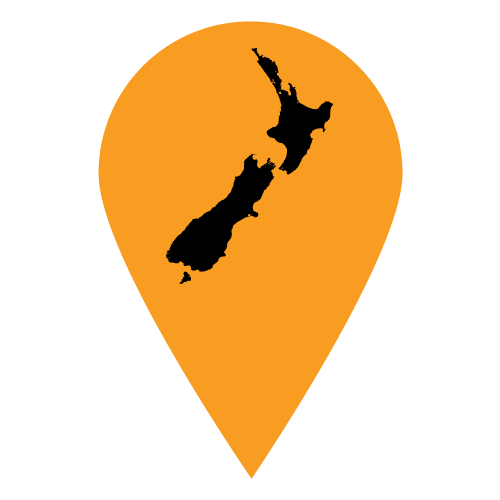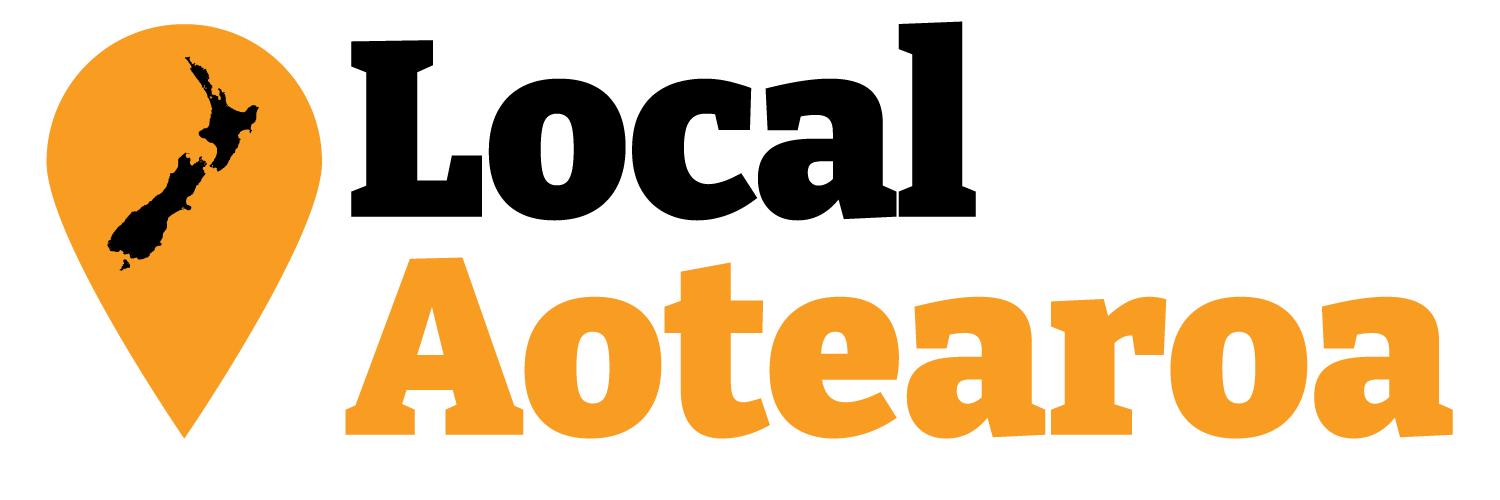Wellington Airport sale highlights complex gaps in probity guidance
An AI-generated image of a plane landing at an airport.
The vexed question of whether Wellington City Council will sell its 34 percent stake in Wellington Airport is set to create more dramas this week with the council’s governing body voting on a Notice of Motion that seeks to amend its long-term plan to stop the sale.
What’s more than that, it also seeks to suspend any delegations to committees or sub-committee with regards to developing the draft or final long-term plan. It is this aspect of the Notice of Motion which triggered a fiery response from the council’s two iwi representatives, who in turn are threatening to withdraw from the partnership they have with council.
The reason for wanting to withdraw the delegation to any committee or sub-committee is clear - opponents of the sale know that the Kōrau Tōtōpū | Long-term Plan, Finance, and Performance Committee has two iwi representatives on it who both voted in favour of the sale, and they won’t be able to stop the sale if they’re voting.
However, the vote of Taranaki Whānui’s Holden Hohaia on that committee in favour of the sale when he knew that Taranaki Whānui was interested in buying the shares should the council sell them has raised concerns over how conflicts of interest are handled in situations involving iwi representatives.
Now, before we get into the substantive matter I want to make two things crystal clear. The first is I think Holden Hohaia has acted in good faith and that he hasn’t done anything wrong. It’s clear from The Post’s report on it that he checked in with council officers, they provided advice that he didn’t personally have a conflict of interest, and he participated in the vote on the basis of that advice. From what I can tell he’s behaved entirely appropriately based on the current publicly available guidance.
I’ve also been an advocate for having iwi representatives on council committees, especially in lieu of a broader law change that would allow iwi to appoint full voting representatives directly to council’s governing bodies - such as with Environment Canterbury and Ngāi Tahu which I think is a better reflection of proper partnership between mana whenua and local government under Te Tiriti.
I’ll also add that I don’t know what the right decision is for Wellington City Council with regards to the airport sale. I know I’ve been irked by how the process around it has been carried out, but I can see the benefits of both selling and using the proceeds as an investment fund, as well as retaining to maintain a significant level of influence over what is a strategic asset for the lower North Island. I initially thought I was in favour of the sale, but over time I’ve found I’ve been sitting more and more on the fence about it.
So with that out of the way, I think the Wellington Airport sale saga has highlighted a gap in how probity matters in relation to iwi representatives are handled. Our existing guidance for governing bodies and their committees is all around the personal conflict of interest for those involved. It largely asks the question could you actually or be perceived to personally benefit specifically (as opposed to the city/district/region generally) from voting a certain way on a given issue. If so, then you likely have a conflict of interest and should generally recuse yourself from participating in discussion and voting on the matter in question.
This works for elected representatives as they are individuals who have stood for election, been voted in by their communities, and will nominally conduct themselves and vote in the interests of/advocate for the community that elected them/wider area. They’re ultimately accountable back to the electorate every three years.
On the other hand, iwi representatives are direct appointments of a specific body and are nominally expected to represent the views of that entity and vote/advocate for accordingly. They’re accountable back to the iwi that appointed them and they can theoretically be replaced at a moment’s notice.
To simplify this - elected representatives aren’t bound to vote in a certain way, however iwi representatives are essentially expected to vote in line with their iwi’s position. You can’t imagine an iwi representative remaining in their appointment long if they started voting against the iwi’s position on a matter.
For me, this is where Wellington City Council’s advice to Holden Hohaia was limited by the current guidance on probity matters. Their considerations are apparently around Hohaia’s capacity for a conflict of interest that would benefit him personally, not the question of whether Taranaki Whānui had a conflict of interest and how that translates to their appointee on Wellington City Council’s committee considering the draft long-term plan.
If an elected representative had an interest in buying Wellington City Council’s share in Wellington Airport if it was sold, they would likely have a conflict of interest and should not have participated in the discussion or voted. I would argue that personally owning shares in Infratil (the majority owner of the airport) would likely constitute a conflict of interest too.
There’s currently one live conflict of interest complaint regarding the airport sale. Councillor Tim Brown’s directorship of MCL Capital, a firm majority owned by Morrison (an infrastructure advisory/management company) which in turn manages Infratil is subject of a complaint over an alleged potential conflict of interest in relation to it. As it stands, we don’t know yet how this is progressing.
However, we don’t really have much in the way of guidance as to how this might work with regards to an appointed iwi representative on a council and the iwi they are appointed by. Taranaki Whānui obviously wouldn’t have an interest in buying the council’s share of the airport unless they felt it would benefit the trust. The question is whether their interest in council taking a course of action that would presumably benefit them, and their representative then voting in favour of that course of action, creates a specific conflict of interest (perceived or actual) that means their representative shouldn’t have taken part.
The Auditor-General’s publicly available guidance on comparative situations isn’t exactly expansive. While that solitary 3.21 paragraph does suggest there could be situations where a conflict of interest that is personal might arise, it ultimately leaves more questions rather than answers. Holden Hohaia’s Linkedin profile lists him as a trustee of Taranaki Whānui (though their website doesn’t list him as a current trustee so presumably his Linkedin mightn’t be up-to-date), and we can assume that as Taranaki Whānui’s appointee to Wellington City Council he also a member of Taranaki Whānui. This may mean that he’s ultimately a beneficiary of that entity’s investment decisions in some way.
On the surface that would seem to suggest that, in-line with the Auditor-General’s scant guidance linked to above, there could be a potential conflict of interest for him personally. We have to assume that the council’s advice to Hohaia considered this and decided that it was not the case, or that any conflict was one shared with the rest of Taranaki Whānui’s membership rather than him specifically and more-or-less exclusively, and so wouldn’t be covered. As I said earlier, from what’s publicly available it looks like Hohaia has acted professionally, in good faith, and hasn’t done anything wrong.
Instead, this is where with more and more councils having appointed iwi representatives to their committees it could be useful if the Auditor-General produces some more detailed guidance around how conflicts of interest should be defined and managed in these situations. Doing so would better protect both those appointed to these roles and councils themselves from any perceptions around probity matters.
Iwi are involved in a wide range of activities that are directly impacted by the decisions of councils. It’s why the Local Government Act rightfully requires councils to specifically make provision for opportunities for Māori to contribute to the decision-making processes of the local authority as one way of reflecting the way Te Tiriti’s responsibilities on the Crown are expressed through local government.
By realising this requirement through the appointment of iwi representatives to council committees, it does mean that appointees are going to run into plenty of situations where the iwi they have been appointed by would specifically (rather than generally) benefit from the decisions they’re voting on. Many of these decisions could have significant financial ramifications for the iwi and its beneficiaries.
Taken too strictly, conflict of interest guidelines could mean that iwi appointees would struggle to vote on most issues before councils, which obviously not an ideal outcome and would undermine the entire exercise. However, leaving it as a murky grey area as is currently the case doesn’t help with perceptions of transparency, accountability, and ultimately trust in our governing bodies.
I don’t know what the answer is to this is, other than that the Wellington Airport sale has highlighted emerging gaps in how we currently define and manage conflicts of interest in local government with the changing nature of who is voting on decisions, and that it’s the role of the Auditor-General to consider the issue and publish guidance on it.
Whether or not the Auditor-General will get around to it given the huge demands on them and the limited resources available to their office remains to be seen.





